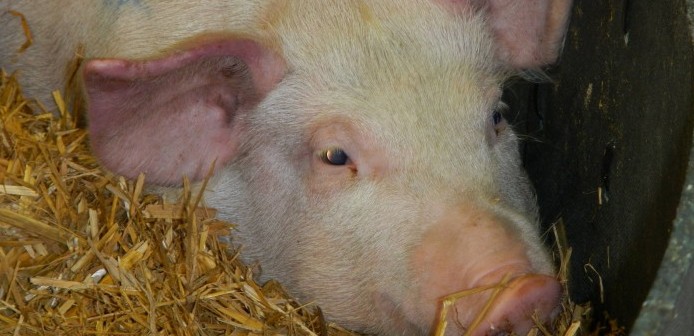The NPA is seeking clarity on whether the regionalisation approach would apply to pork exports to the EU in the event of an African swine fever (ASF) outbreak in the UK.
Under the EU’s ASF regulations, where an outbreak occurs, the sale of pork products from the affected region to other member states is outlawed. However, exports can continue from regions of the country not affected by ASF to other parts of the EU.
This rule has been applied in a number of member states that have experienced ASF outbreaks in recent years, including Germany, Italy and Poland. The UK continues to import pork from ASF-free regions of affected countries.
But it remains unclear what the situation is following the UK’s departure from the EU. UK regionalisation in the event of ASF will be part of the Disease of Swine Regulations expected to be laid before parliament next year.
NPA chief executive Lizzie Wilson said more immediate answers are needed. “We don’t know if our trading partners would recognise regionalisation if we had an outbreak now. We need clarity on this because, if we don’t have regionalisation, it could mean a virtual blanket ban on pork exports from anywhere in the UK – and that would be catastrophic for a sector that has already suffered so much over the past two years.”
The NPA has been seeking answers from Defra and the Animal and Plant Health Agency (APHA) on the current situation and plans for new domestic legislation next year. It is hoping for a meeting on the subject with interested parties soon.
The concerns over regionalisation come on top of other ongoing worries about the robustness of UK controls and ability to cope with an ASF outbreak (see p24-25).
Defra said the UK-EU Trade and Cooperation Agreement stipulated that both parties should recognise the disease-free areas in place at the end of the Transition Period, reflecting the fact GB had to regionalise the EU for ASF, as some zones were in place before EU exit.
But it added: “If ASF is detected in GB, we would need to agree the process of regionalisation for GB exports with the EU.”




